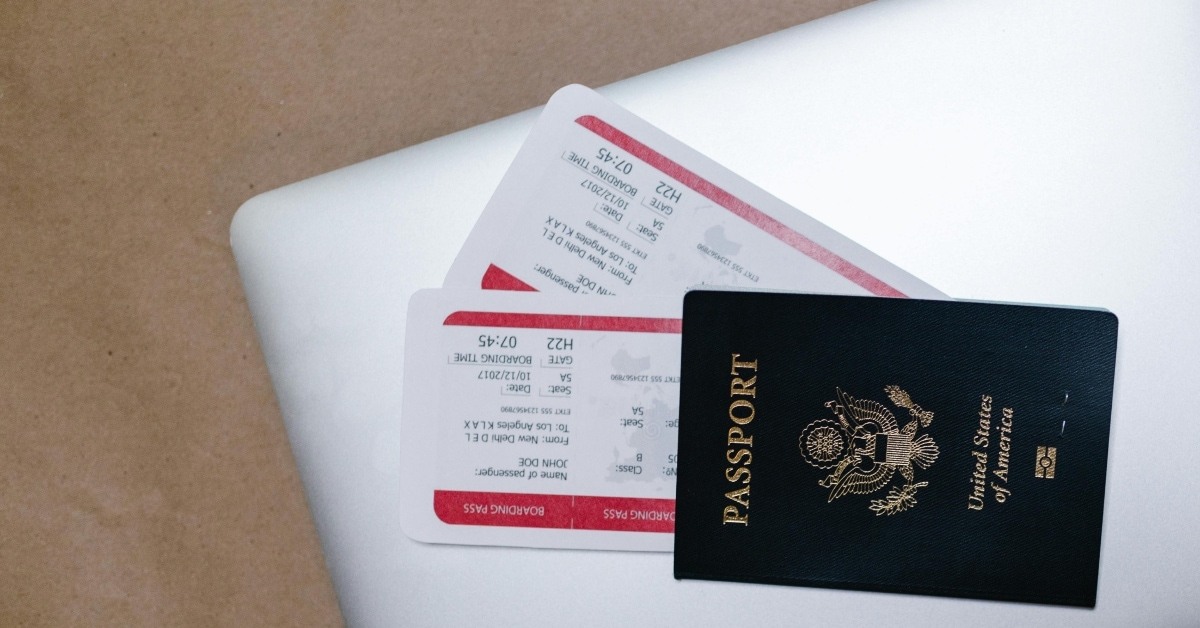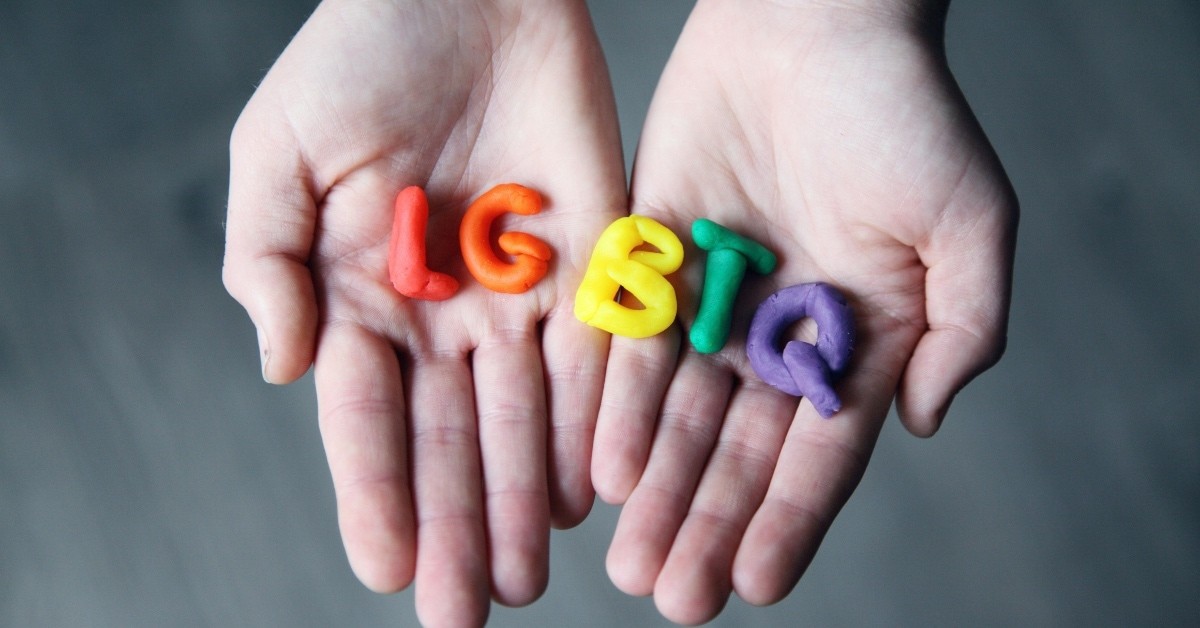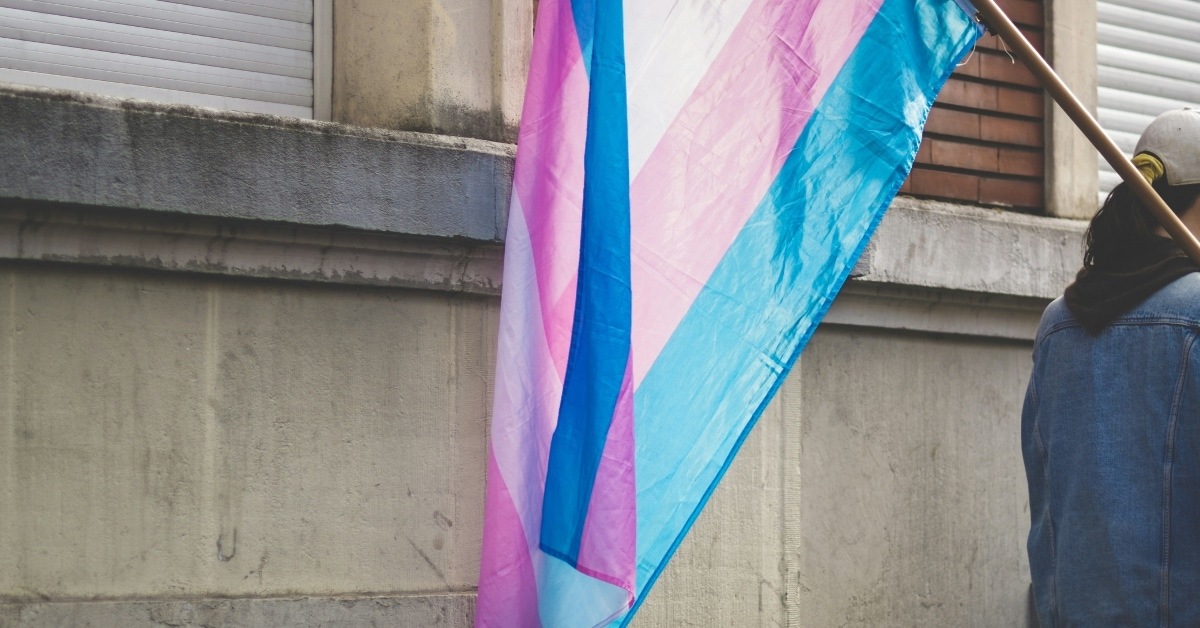U.S. Airlines Told to Ignore Gender Markers on Passports: A Step Backward for Trans Rights?
The new directive is telling U.S. airlines to ignore passport gender markers. This news has impacted the travel industry and the LGBTQIA+ community. A recent ruling about air travel documentation caused this development. It specifically details how airlines must process passenger data. Advocates long celebrated a major victory. Nonbinary and transgender people could update federal [...] Read More... from U.S. Airlines Told to Ignore Gender Markers on Passports: A Step Backward for Trans Rights? The post U.S. Airlines Told to Ignore Gender Markers on Passports: A Step Backward for Trans Rights? appeared first on LBS.


The new directive is telling U.S. airlines to ignore passport gender markers. This news has impacted the travel industry and the LGBTQIA+ community. A recent ruling about air travel documentation caused this development. It specifically details how airlines must process passenger data. Advocates long celebrated a major victory. Nonbinary and transgender people could update federal IDs. This included passports with an ‘X’ gender marker. This showed respect for basic human dignity and safety. However, this new guidance seems confusing. It disconnects federal ID policy from airline procedure. This potentially undermines years of important advocacy work.
For many travelers, a passport is much more than a travel document. It strongly affirms their identity, especially for transgender or nonbinary people. Documents that reflect their identity accurately help reduce risk. They may face less harassment and fewer delays. Uncomfortable questioning at security counters also decreases. The State Department’s ‘X’ marker decision was a landmark moment. It aligned US policy with many inclusive nations. The airline’s new instruction effectively ignores this marker. This introduces friction and potential invalidation. Many people find this deeply concerning. It suggests the travel system invalidates their government-acknowledged identity.
Wait, So U.S. Airlines Told to Ignore Gender Markers on Passports… Seriously?
The core issue lies in the complex, often antiquated computer reservation systems, or CRS, used by global airlines. These systems, designed decades ago, are built on a strictly binary framework, typically allowing only “M” for male or “F” for female. While many modern digital systems can easily process the neutral “X” gender marker now available on U.S. passports, the underlying international architecture that connects check-in, baggage, and booking remains heavily reliant on the M/F binary. The directive is less a human rights ruling and more an instruction rooted in technical interoperability, instructing U.S. airlines to disregard gender markers on passports when inputting data into the booking system to prevent system crashes or booking failures.
This technical hurdle means that even if a passenger’s passport indicates “X,” the airline’s internal booking record often must carry the code “M” or “F.” Airlines must do this so international reservation systems can accurately log the flight and destination countries’ border controls can process it. While airlines frame this as a temporary workaround to maintain global travel functionality, the rule effectively mandates them to overlook nonbinary and transgender travelers’ official, updated federal identification. The decision essentially forces travelers into a bureaucratic choice: sacrifice your correctly-marked legal identity for a smooth trip, or risk complications and delays if the system input does not comply. This technical issue is now creating a significant human rights challenge.
LGBTQIA+ Organizations and the Fight to Fix This Problem

As expected, this ruling that U.S. airlines were told to ignore gender markers on passports has provoked a strong reaction from LGBTQIA+ advocacy groups. Human rights organizations view this technical workaround as an unacceptable rollback of rights. Groups like the National Center for Transgender Equality and Lambda Legal are organizing to challenge the policy and pressure the airline industry to prioritize technical upgrades over convenience. They argue that maintaining old, binary systems is a failure of corporate responsibility and that the burden of this technological lapse should not fall on travelers.
The fight is focused on two main fronts: legal pressure and technological lobbying. On the legal side, organizations are exploring challenges. They argue the directive violates anti-discrimination rules and it forces nonbinary people to misrepresent themselves for travel.
At the same time, they are lobbying hard. They target global groups like IATA. These groups govern air travel technology. Activists want them to mandate new systems quickly. These systems must be nonbinary-compatible. The goal remains very clear. The “X” marker must be valid on the passport. It must also be respected in all travel phases.
For activists, this fight is necessary. They want the private sector to implement government progress. This prevents a patchwork system for travelers. That patchwork system creates unnecessary friction.
The Long-Term Horizon for Gender Markers and U.S. Airlines

While the current situation is frustrating, the directive for U.S. airlines to ignore gender markers on passports is likely a temporary measure, albeit a disappointing one. The eventual success of LGBTQIA+ organizations in pushing for systemic technological change is critical. As more countries globally begin to issue nonbinary documentation, the pressure on international travel bodies to update their systems will only intensify. This current setback highlights a key tension in modern inclusion efforts: the clash between rapidly evolving social policies and the slow, bureaucratic nature of global technology infrastructure.
Moving forward, travelers should anticipate this documentation disconnect and plan accordingly, but they should also feel empowered by the organized response from advocacy groups. The ultimate solution will require a massive investment and coordination across multiple industries, but the direction of travel, in the long term, remains toward greater inclusivity. The fight is not just about a letter on a screen; it is about respecting the full legal identity of every passenger, ensuring that no traveler is made to feel less-than because a 1980s computer system cannot keep up with the 21st century.
Do you think the pressure from human rights and LGBTQIA+ organizations will be sufficient to prompt major airlines to upgrade their reservation systems promptly? Let us know in the comments.
The post U.S. Airlines Told to Ignore Gender Markers on Passports: A Step Backward for Trans Rights? appeared first on LBS.
Share
What's Your Reaction?
 Like
0
Like
0
 Dislike
0
Dislike
0
 Love
0
Love
0
 Funny
0
Funny
0
 Angry
0
Angry
0
 Sad
0
Sad
0
 Wow
0
Wow
0
















